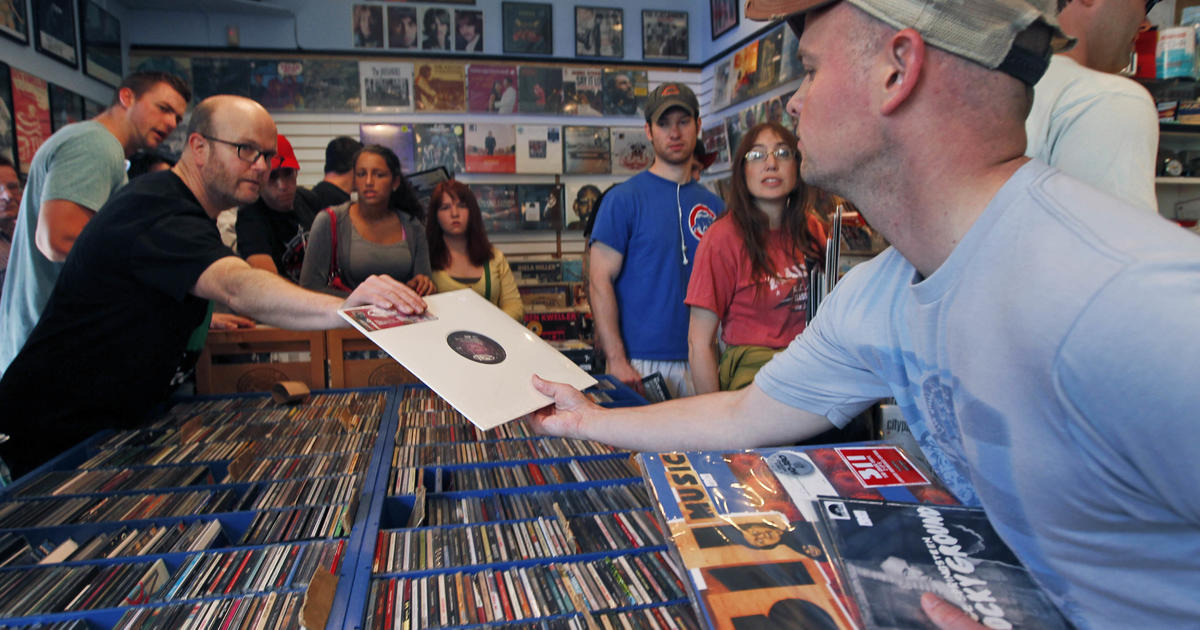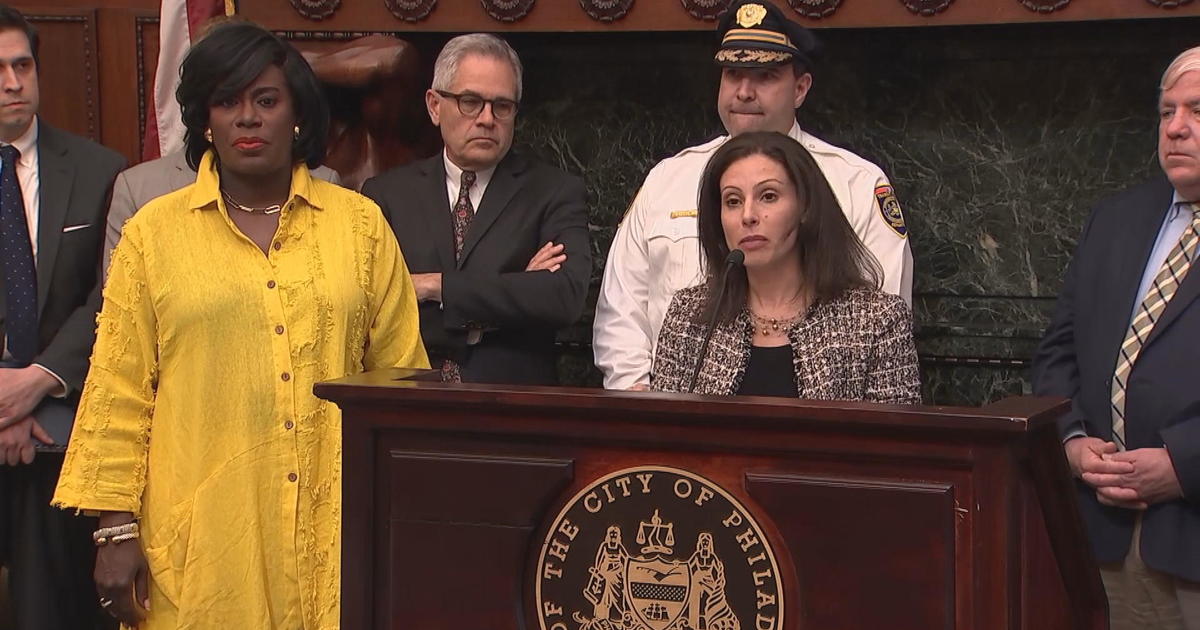After Celebrity Hacking Scandal, Philadelphia Professor Offers Advice On Protecting Your Info
PHILADELPHIA (CBS) – Chris Stigall spoke with La Salle University Professor Dean Henry on Talk Radio 1210 WPHT about internet security in the wake of the celebrity hacking scandal that revealed intimate photos of Jennifer Lawrence, Kate Upton and other actresses.
Henry says most businesses are prepared to be attacked by hackers eventually.
"In the corporate world…even if you have good defenses, somebody's going to eventually get in and hack you. You just have to assume you're going to be hacked. In the case of celebrities, they've got to know there's a big target on them. Somebody always wants to get into [their accounts]. Is it going to happen to you and I? Maybe not, but there's a possibility, the information is out there. You have to assume if it's on your phone -- even though it's in your house -- somehow, some way it may get out there."
Henry also says hacking information is so popular among criminals because of the amount of money involved.
"There are bad people out there that that's all they do. It's their job to try to figure out how to steal your information, hack into your information, steal your credit card information, so they can use it and buy things. Information can be monetized and is worth money, so I can steal your credit card information and use your credit card, or I can steal your information and sell it. In both cases, I'm getting money for it."
Henry feels the easiest security step an individual can take is to use a variety of strong passwords.
"Don't use easy-to-guess passwords…They suggest you use passwords with upper and lower cases, numbers and symbols that will make it harder to crack…and another thing, once you have a password, don't use the same password on all of your accounts."
You may also be interested in these stories:



